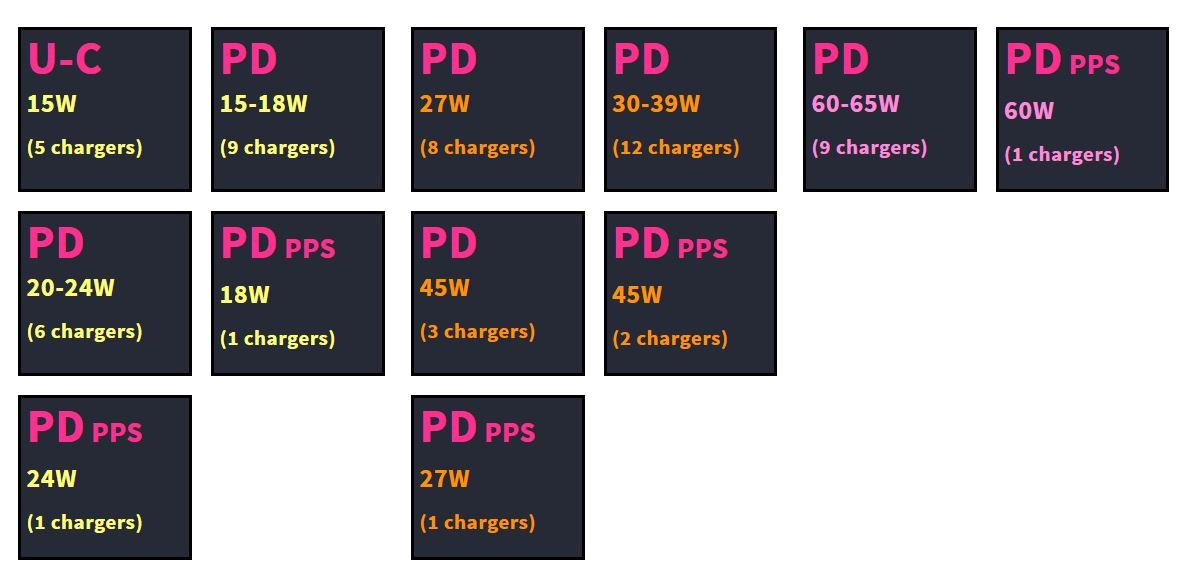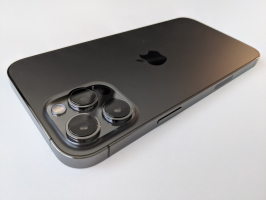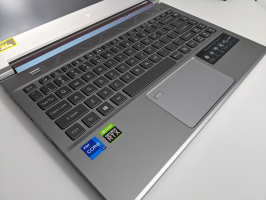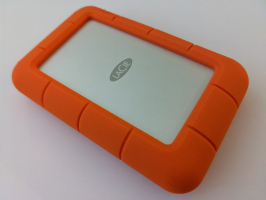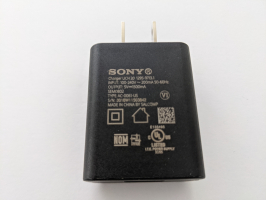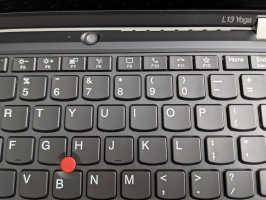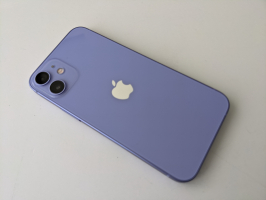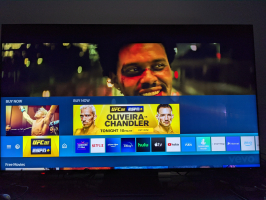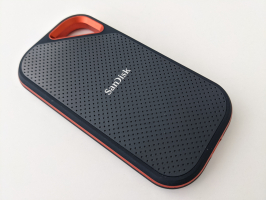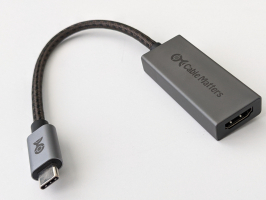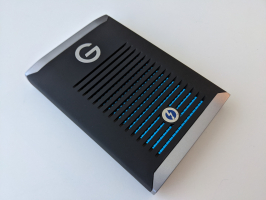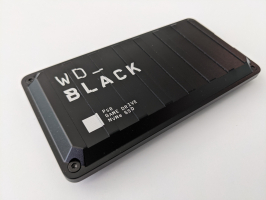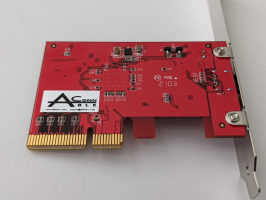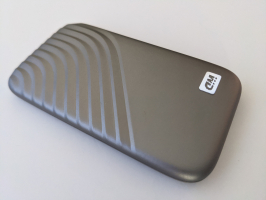The USB Type-C connector offers a lot of benefits, enabling new features and capabilities not possible with previous generations of USB connector technology. With the older style USB connectors, you could often get away with using with cheap cables many of which were probably never certified to be compliant..
However, in the new world of USB Type-C, the consequences of a non-compliant cable are much more serious. Not only could there be problems with data transfer or charging, but a cheap USB Type-C cable could damage a much more expensive smartphone or computer that you are plugging the cable into. With many products like the Apple MacBook (Early 2015) and Google Pixel C having only 1 physical port for data, video, and power, damaging that port could render your device inoperable pretty quickly.
The damage could also affect devices with USB Type-A ports that you want to connect with your USB Type-C device through a USB Type-C to USB Type-A cable. If this cable is non-compliant, your USB Type-C device could draw too much current from your USB Type-A port and damage it.
You might ask, what's so special about these USB Type-C cables compared to previous types of USB cables? USB Type-C cables continue a trend started by Apple with Lightning cables, and Intel/Apple with Thunderbolt where the cables actually contain electronics. In general these electronics enable identification, advertise the cable's features and capabilities, and can even boost the data signal over long cables. With Apple being involved with USB Type-C technology development, it's no surprise that this type of technology may exist inside USB Type-C cables as well.
The sad state of affairs is that many of the USB Type-C cables being sold today don't correctly implement the specification and technology making them non-compliant and could even damage the devices you are plugging them into.
Fortunately, companies like Belkin focus on making sure their cables are compliant and safe compared to many of the cheap USB Type-C cables flooding the market. Belkin also has a wide assortment of USB Type-C cables that work with just about any USB products that you have.
Belkin's product packaging also clearly defines what speeds that their different USB Type-C cables can support, including USB 3.1 Gen 2 (10 Gb/s), USB 3.1 Gen 1 (5 Gb/s), and USB 2.0 (480 Mb/s). Note that Belkin labels USB 3.1 Gen 1 as USB 3.0 since more people are familiar with this label. Many other cable maker are deceptive or just plain wrong on what speeds they think their cables can support.
One useful cable product is Belkin's USB-A to USB-C Cable which supports up to USB 3.1 Gen 2 (10 Gb/s). You can use this cable to directly connect your USB Type-C device like the Google Pixel C to a PC or Mac but you will only be able to take advantage of the USB 3.1 Gen 1 (5 Gb/s) speeds. To make use of the full USB 3.1 Gen 2 capabilities, you would need to find a USB Host that supports USB 3.1 Gen 2 using a Type-A connector and a USB 3.1 Gen 3 Device that uses a Type-C connector but these products are rather rare right now.
See how to use this cable to quickly move data between the Lumia 950 and the Dell XPS 13.
Belkin also offers a USB-C to USB-A Adapter which supports USB 3.1 Gen 1 (AKA USB 3.0) at 5 Gb/s. You can use this to connect drives like the slim shaped Seagate Seven Portable Drive to the Google Pixel C or Apple MacBook (Early 2015) to make use of the 5 Gb/s speeds. You can also connect these drives to the Huawei Google Nexus 6P and LG Google Nexus 5X but you'll only get USB 2.0 480 Gb/s speeds given .
Click here to see how to move files quickly between the LG Google Nexus 5X and the SanDisk Ultra Dual USB Drive 3.0 using the Belkin USB-C to USB-A Adapter.
Belkin also offers a USB-C to USB-B Printer Cable which connects at USB 2.0 480 Mb/s speeds. For Apple MacBook (Early 2015) users, you could certainly use this cable to connect to any printer but you can also use this cable to connect to other storage and music devices that have a USB Type-B port. For Android and Chromebook products which rely on WI-FI for printing, it's more appropriate to use this cable for storage devices that have a USB Type-B port.
Although non-compliant USB Type-C cables are awash on Amazon right now, it's much easier just to shop for brands like Belkin who only sell USB Type-C cables which are compliant. Don't let a cheap cable spoil your day.
 GTrusted
GTrusted









